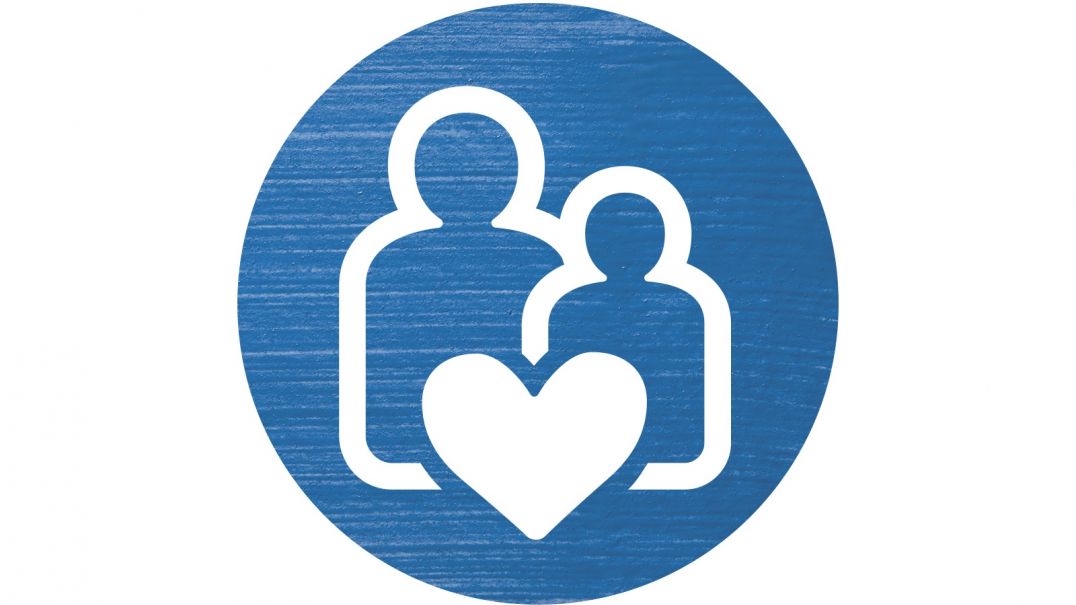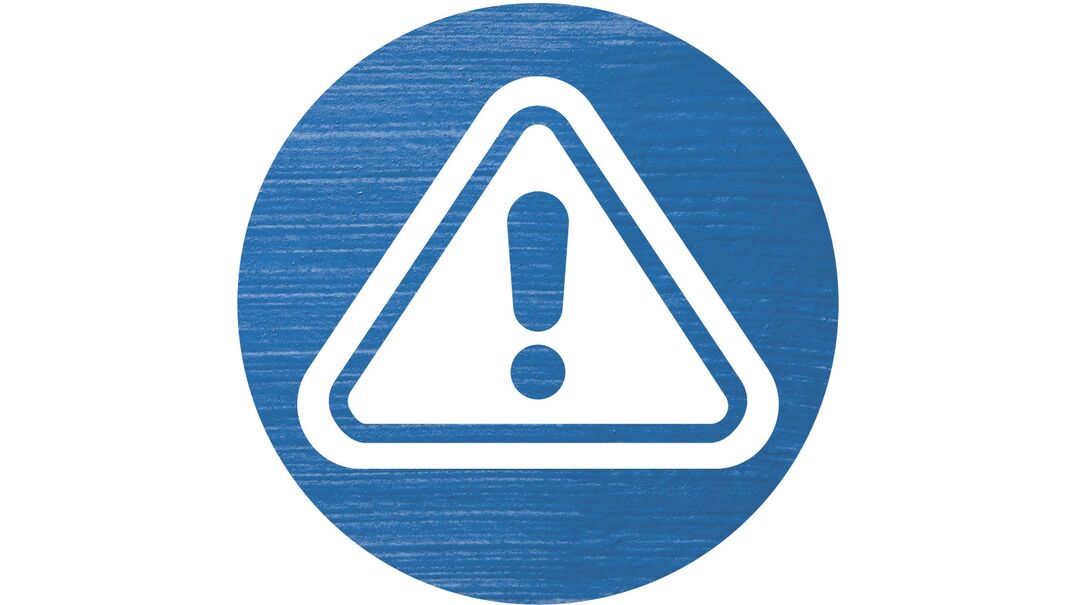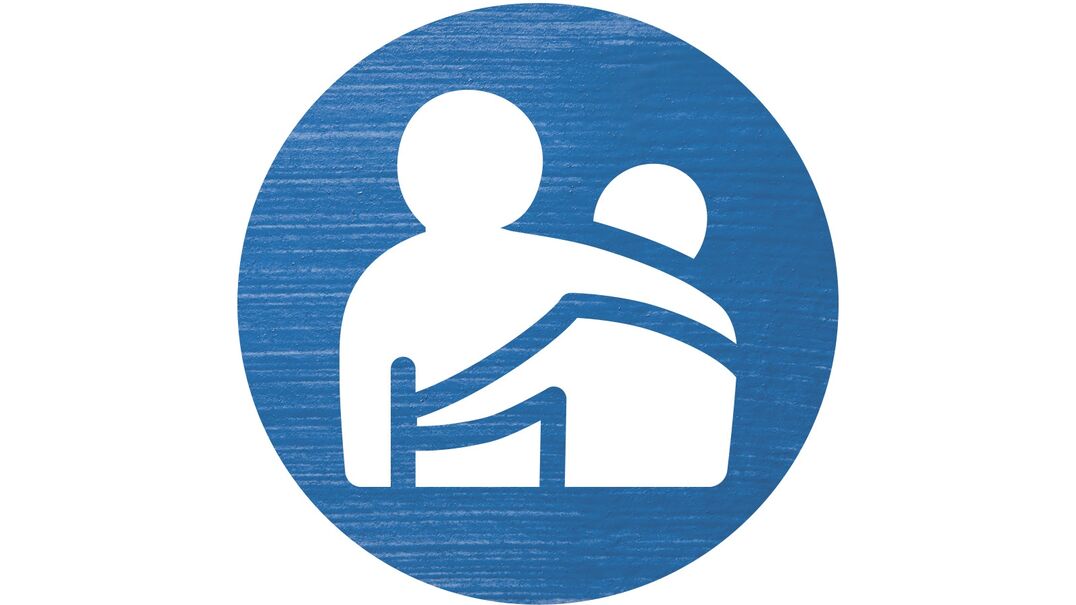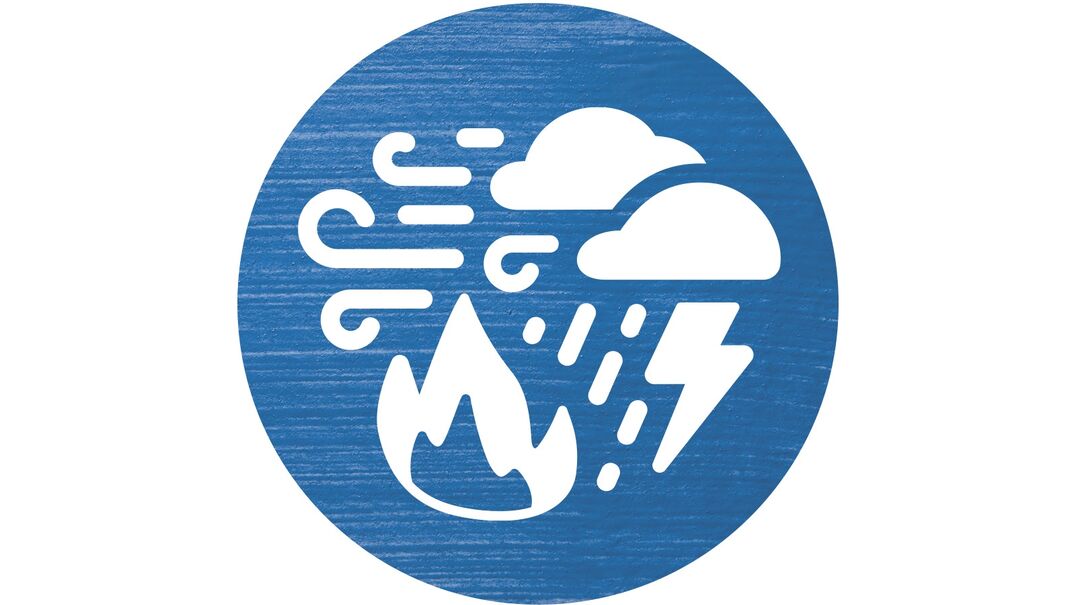Child Safe
Preparing for and Responding to...

If you are experiencing a 'big situation' now...
To access further tips for responding right now, click here
Over the past few years, Australian communities have been impacted by a range of natural disasters coupled with a global pandemic. There is increasing evidence that these events are impacting on children's life experiences and development, with some children experiencing trauma as a result. Early childhood education and care services have at times been challenged to respond. We refer to these events and other major challenges that educators may experience as 'big situations'. This resource aims to support educators to include all children while responding to, and supporting recovery from, events that impact on the lives of children, families, and communities. This is not about educators needing to know everything, or feeling pressured to resolve or fix big situations. It is about educators having confidence and access to the supports and resources they need to keep going with their important work with children and families when big situations happen.
This resource is designed to be a starting point for educators to quickly connect with targeted support and resources to enable them to enhance everyone's understanding, wellbeing and resilience when responding to big situations. The following topics are included in the links below:
An Inclusion Professional can support educators to proactively prepare to have the skills and confidence to respond to big situations that may occur. This preparation could include support to use this resource and may involve strategic inclusion planning. It should be noted that big situations often require support from experts that sit outside the role and expertise of the Inclusion Professional. Inclusion Professionals can help educators connect with external organisations and agencies as needed. If educators feel prepared to respond to big situations, they are more able to remain inclusive of all children and continue to deliver a quality program.
Should any of the information on this website cause distress for you, it may be helpful to contact Lifeline on 13 11 14, Beyond Blue on 1300 224 636 or the Kids Helpline on 1800 551 800.
Children benefit from consistency. You can help them feel safe by continuing to do things the way you usually would. Acknowledge events and how children feel, but also provide the usual play opportunities and experiences.
Children process experiences through play and interactions with people they trust. Children will connect through play, and conversations about big situations may happen as they play. Adults may need more encouragement and structure, so create opportunities for this where you can, or encourage families and your team members to access community supports and networks where relevant. People especially benefit from support from those they already know and trust.
In a crisis, practical help (e.g. housing, food, finances) is usually what is needed first. Not everyone needs counselling or psychological assistance. Be aware of people who are distressed, especially those whose distress continues over time, as they may need specialist help.
Big situations often bring up big feelings, at the time and also afterwards. Helping others can be demanding and tiring. Being part of a supportive team can really help. Sometimes it helps to set priorities and accept that you can’t do what you would usually do. Accessing professional support (such as Employee Assistance Program) can help especially if an incident brings up feelings from your own past, or you feel uncertain, overwhelmed or burdened by your role in the situation.
After a big situation happens, it’s helpful to review how you and your team have coped. If you want to be better prepared for big situations that may happen in the future, you might like to access the Community Trauma Tool Kit (Emerging Minds) and/or sign up for National Mental Health Education Initiative (Be You) to help you develop a positive, inclusive and resilient learning community. You can also seek support to plan for the future by contacting your Inclusion Professional or contact us to send us an email.
Disclaimer:
Links within this website provide a starting point for accessing support and resources and are not exhaustive. If you have any feedback on this resource please contact us.
Preparing for and Responding to...

Preparing for and Responding to...

Preparing for and Responding to...

Preparing for and Responding to...

Preparing for and Responding to...

Preparing for and Responding to...
